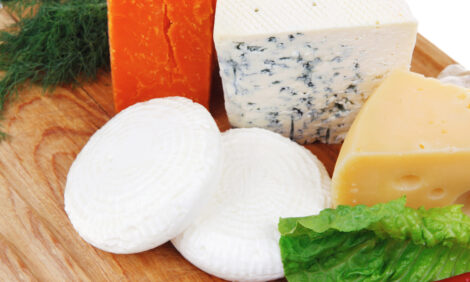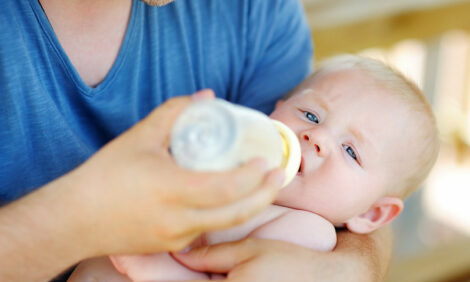



Not all inbreeding is depressing
Inbreeding may decrease the performance of cows, a phenomenon known as inbreeding depression.Researchers of Wageningen University & Research showed that, for Dutch dairy cows, the degree of inbreeding depression is lower for “old inbreeding” (inbreeding on distant ancestors) than for “recent inbreeding” (inbreeding on recent ancestors). This is probably the result of selection against deleterious alleles.
Inbreeding & inbreeding depression
Inbreeding is the result of mating related animals. Animals are related when they share common ancestors. These common ancestors can be recent ancestors (e.g. a grandparent), or more distant ancestors (e.g. a shared ancestor from eight generations ago). The higher the relatedness between two animals, the higher the inbreeding of their offspring. Animals that are more inbred perform less well on average. This phenomenon is known as inbreeding depression.
Recent inbreeding results in more inbreeding depression
The study showed that the degree of inbreeding depression was higher for recent inbreeding than for older inbreeding. For example, a 1% increase in inbreeding on ancestors from the first four to five ancestral generations was associated with a decrease in milk production of about 35 kg (for a 305-day lactation), whereas inbreeding on ancestors from longer ago had no clear effect. This difference may be explained by selection, which decreases the frequency of deleterious alleles over time and thereby decreases the effect of old inbreeding.
Reducing inbreeding rate better for animal breeding
The findings of this study confirm that it is important to manage the inbreeding rate, the rate with which inbreeding increases. This is because selection may counteract the negative effects of inbreeding, provided that inbreeding does not increase too quickly. By managing the inbreeding rate, the amount of new inbreeding is also limited.


